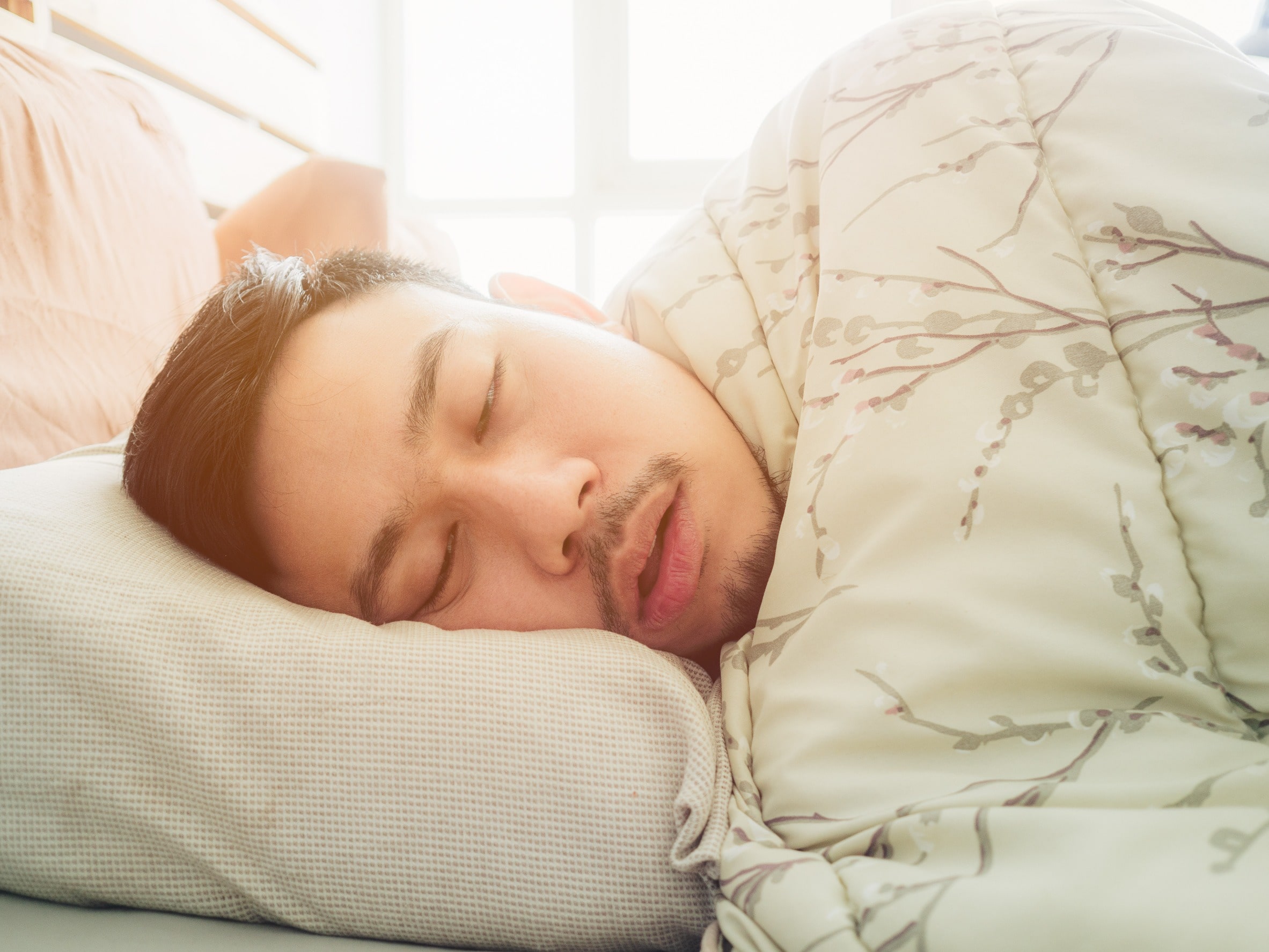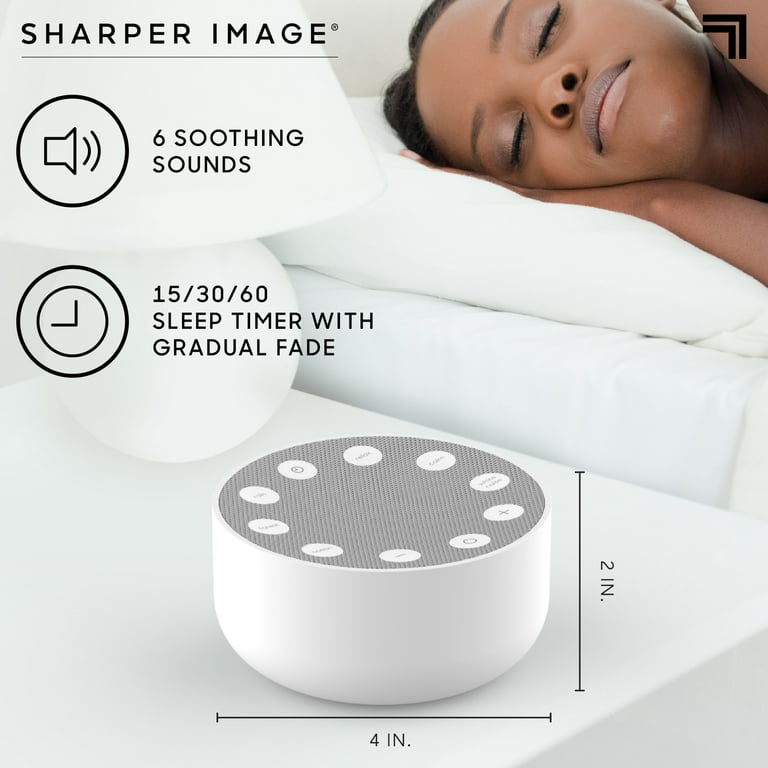Sleep Deprivation Help - Overcome Fatigue and Improve Wellness
Sleep Deprivation Help - Overcome Fatigue and Improve Wellness
Blog Article
Efficient Treatment Solutions for Taking Care Of Sleep Disorders and Enhancing Relaxed Rest
In the world of healthcare, the administration of sleep conditions and the mission for relaxed sleep are pivotal elements of overall well-being. Effective treatment remedies offer a multifaceted strategy to take on these obstacles, ranging from cognitive behavior interventions to alternative techniques that advertise relaxation and mindfulness. The expedition of different strategies, including the combination of drug and light treatment, opens up a world of possibilities in the search of far better sleep quality. As we navigate the elaborate landscape of rest disorders and seek to improve our rest experience, a deeper understanding of these treatment solutions might hold the secret to unlocking a more relaxing and meeting corrective trip.
Cognitive Behavior Modification for Insomnia (CBT-I)
Cognitive Behavior Therapy for Sleeplessness (CBT-I) is a structured, evidence-based therapy approach that concentrates on addressing the underlying factors adding to sleep disruptions. This type of therapy aims to customize habits and thoughts that exacerbate sleeping disorders, eventually promoting healthy and balanced sleep patterns. CBT-I usually includes numerous vital elements, consisting of cognitive treatment, rest restriction, stimulus control, and sleep hygiene education and learning.
Cognitive therapy helps individuals recognize and change unfavorable thought patterns and beliefs regarding sleep that may be preventing their ability to drop or stay asleep. Sleep limitation includes limiting the amount of time spent in bed to match the individual's actual rest duration, consequently enhancing rest performance (cognitive behavioral therapy for insomnia (CBT-I)). Stimulus control strategies assist develop a solid association between the bed and sleep by motivating individuals to visit bed just when drowsy and to prevent taking part in boosting tasks in bed
Furthermore, rest hygiene education and learning concentrates on creating healthy rest routines, such as keeping a regular rest timetable, creating a relaxing bedtime routine, and enhancing the rest atmosphere. By resolving these aspects thoroughly, CBT-I supplies an efficient non-pharmacological treatment for taking care of sleeping disorders and improving general rest quality.
Sleep Health Practices
Having established the structure of cognitive restructuring and behavioral modifications in resolving insomnia through Cognitive Behavior modification for Sleeplessness (CBT-I), the focus now shifts in the direction of exploring necessary Rest Health Practices for preserving optimum rest quality and overall health.
Sleep hygiene practices include a series of habits and ecological aspects that can substantially impact one's capacity to drop off to sleep and remain asleep throughout the night. Constant sleep and wake times, developing a relaxing going to bed regimen, and optimizing the rest setting by maintaining it dark, peaceful, and cool are essential elements of excellent sleep health. Restricting direct exposure to screens prior to going to bed, avoiding stimulants like high levels of caffeine close to going to bed, and participating in routine physical activity throughout the day can also advertise much better rest top quality.
In addition, practicing leisure methods such as deep breathing exercises or meditation prior to bed can help calm the mind and prepare the body for sleep. By incorporating these sleep hygiene methods right into one's day-to-day regimen, individuals can establish a healthy and balanced rest pattern that sustains peaceful rest and overall well-being.
Relaxation Techniques and Mindfulness
Implementing leisure techniques and mindfulness techniques can play a pivotal role in fostering a feeling of tranquility and promoting quality sleep. sleep deprivation help. These techniques intend to peaceful the mind, minimize tension, and create an ideal environment for peaceful sleep. One widely exercised technique is deep breathing workouts, where individuals concentrate on slow-moving, deep breaths to kick back the body and mind. Progressive muscular tissue relaxation includes tensing and natural ways to treat insomnia afterwards releasing each muscular tissue group, promoting physical leisure. In addition, directed imagery can help deliver people to a tranquil location in their minds, helping in stress decrease and improving rest high quality.
Mindfulness practices, such as meditation and yoga exercise, are additionally reliable in promoting leisure and boosting sleep. Mindfulness encourages people to remain existing in the minute, releasing concerns about the past or future. By integrating these techniques right into a going to bed routine, individuals can indicate to their bodies that it is time to prepare and take a break for sleep. In general, integrating relaxation techniques and mindfulness techniques can significantly add to handling sleep disorders and improving overall rest quality.

Medicine Options for Rest Disorders
After discovering relaxation strategies and mindfulness practices as non-pharmacological treatments for enhancing rest quality, it is essential to take into consideration medicine choices for individuals with rest disorders. In situations where lifestyle adjustments and treatment do not give adequate relief, medication can be a useful tool in managing sleep disturbances.
Typically suggested medications for sleep disorders consist of benzodiazepines, non-benzodiazepine hypnotics, antidepressants, and melatonin receptor agonists. Antidepressants, such as trazodone, can be advantageous for people with co-occurring clinical depression and rest disruptions - natural insomnia remedies.
It is critical for people to speak with a doctor to establish the most appropriate medication option based upon their certain rest problem and case history.
Light Therapy for Circadian Rhythm Law
Light treatment, likewise called photo-therapy, is a non-invasive treatment method used to manage body clocks and boost sleep-wake cycles. This treatment includes direct exposure to brilliant light that simulates natural sunlight, which aids to reset the body's biological rhythm. By subjecting people go now to specific wavelengths of light, usually in the morning or evening relying on the wanted effect, light treatment can successfully readjust the body clock to promote wakefulness during the day and enhance relaxed rest at evening.
Research has actually revealed that light therapy can be particularly helpful for people with body clock conditions, such as delayed rest phase syndrome or jet lag. It can also be useful for those experiencing seasonal affective disorder (SAD), a type of clinical depression that typically occurs during the winter season months when all-natural light exposure is lowered. Light treatment is generally well-tolerated and can be used together with other treatment methods for sleep conditions to optimize results and boost total sleep top quality.
Verdict
To conclude, effective therapy services for handling rest disorders and boosting relaxed sleep include Cognitive Behavioral Treatment for Sleeplessness (CBT-I), rest hygiene techniques, leisure techniques and mindfulness, medicine options, and light treatment for circadian rhythm guideline. These approaches can assist people enhance their rest quality and total wellness. It is essential to speak with a healthcare company to determine the most appropriate method for addressing sleep issues.
As we browse the intricate landscape of sleep problems and seek to boost our rest experience, a deeper understanding of these treatment services might hold the trick to unlocking an extra relaxing and fulfilling restorative journey.
Rest limitation involves limiting the quantity of time spent in bed to match the individual's actual sleep period, consequently raising sleep efficiency. Consistent rest and wake times, developing a relaxing bedtime regimen, and maximizing the rest environment by keeping it dark, peaceful, and cool are important elements of great rest health. Light treatment is generally well-tolerated and can be used in conjunction with other treatment methods for sleep conditions to optimize end results and boost overall sleep quality.

Report this page